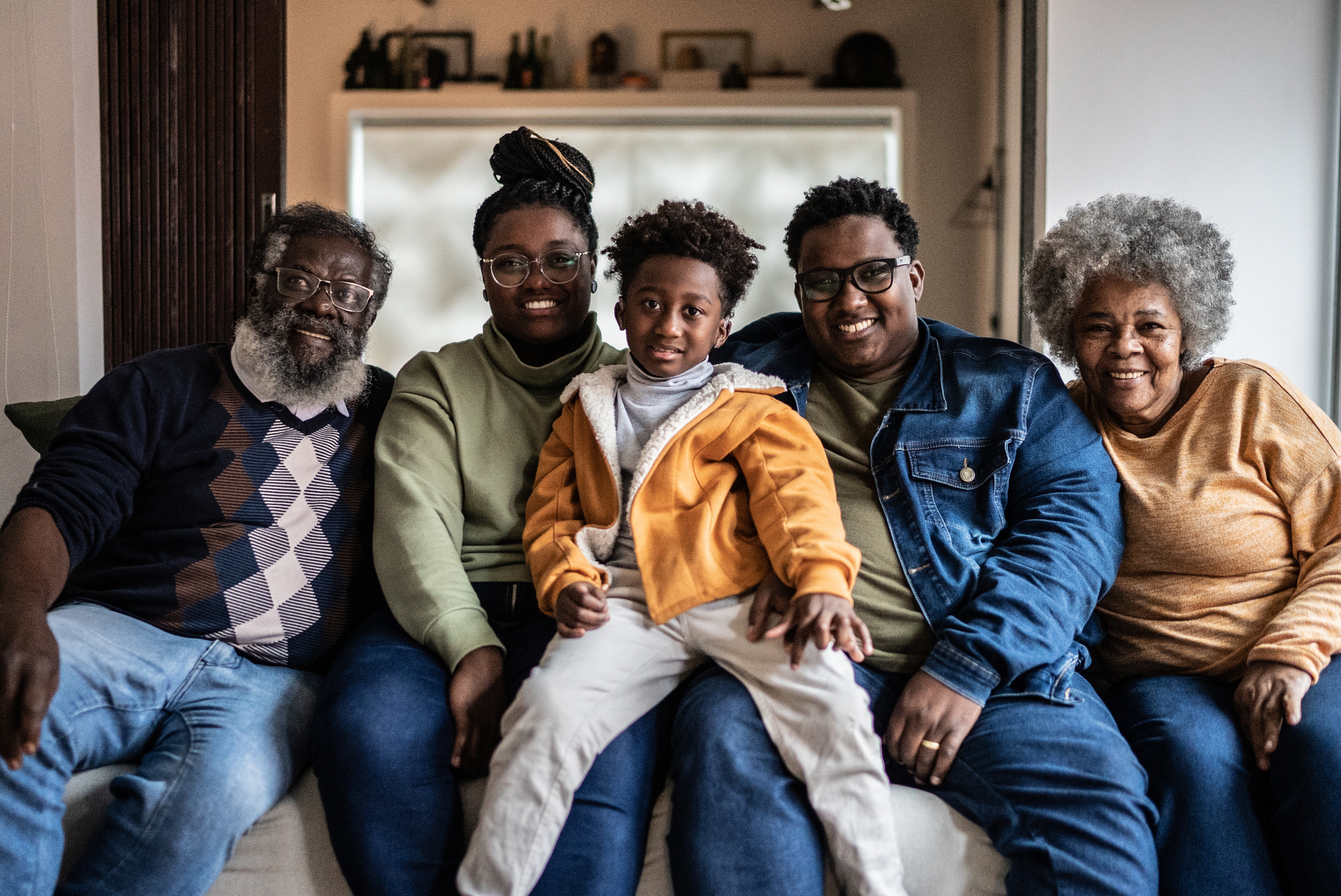Ensuring safety and support: How PCA protects older adults
Philadelphia consistently ranks among the largest U.S. cities with the highest percentage of older adults living in poverty. Ensuring the more than 316,000 older Philadelphians have access to essential services and protections is a critical priority. Among the vital programs offered by Philadelphia Corporation for Aging (PCA) is Older Adult Protective Services (OAPS), which works to safeguard seniors from abuse, neglect, exploitation and other risks.
The need for protection
Elder abuse remains one of the most underreported social issues in the United States. In Philadelphia, PCA’s OAPS unit investigates reports of abuse, neglect, financial exploitation and self-neglect among adults aged 60 and older. Staffed by trained care managers, investigators and specialists, the program offers intake, assessment, crisis resolution, care planning and follow-up services to ensure that vulnerable older adults receive the support they need.
As awareness of elder abuse grows, so does the demand for protective services. “We have seen an increase in the number of Reports of Need (RONs), and we are encouraged that more people recognize PCA as a resource for older adults in danger,” said Shani Gilmore, PCA’s executive administrator of long-term care. “Additionally, we commend the Pennsylvania Department of Aging (PDA) for recommending updates to the Older Adults Protective Services Act (OAPSA), which will help strengthen protections for our most vulnerable seniors.”
Comprehensive support
Through a variety of long-term care services, PCA helps older adults navigate the complexities of aging with dignity, comfort and confidence. A cornerstone of this approach is OAPS, which safeguards some of Philadelphia’s most vulnerable residents with immediate risk support. For those needing ongoing support, PCA conducts a thorough in-home assessment of an older adult’s physical, mental, social and functional abilities and needs. There are two main programs that provide long-term services and supports in the home that can be accessed through PCA, based on the person’s care needs and financial resources: Community Health-Choices (CHC) and the OPTIONS program.
PCA’s OPTIONS Program provides in-home care, meal delivery, assistance with daily living activities, medical equipment and supplies, home modifications, and adult day center services. With flexibility at its core, OPTIONS tailors services to each person’s unique situation, making aging in place achievable and comfortable. “The OPTIONS Program is about giving people choices,” said Sean Outen, PCA’s director of long-term care options. “It allows them to stay in their homes and communities while receiving the care they need. That is a powerful thing.”
Advocacy and funding needs
Despite the growing need for services, last year’s Pennsylvania budget did not include a direct funding increase for Area Agencies on Aging (AAAs), like PCA, which provide critical programs to older adults. This lack of funding threatens the ability of agencies to keep pace with the rising demand for services, potentially leading to longer wait times and reduced access to necessary care.
Gov. Josh Shapiro’s administration has recognized these challenges and has proposed increased funding to the AAA network. “We commend the governor for his aggressive budget request, which would strengthen supports and services for people in their greatest time of need and those at risk for elder abuse,” said Najja R. Orr, president & CEO of PCA. “Additionally, we appreciate the leadership of the Secretary of Aging in advancing the Comprehensive Agency Performance Evaluation (CAPE) initiative, which will help further professionalize the field and enhance the quality of protective services across the state.”
For more than 50 years, PCA has been committed to supporting Philadelphia’s aging population through services that promote safety, independence and dignity. Through its programs — including OAPS, OPTIONS, caregiver support and personalized assessments — PCA provides a robust safety net that helps older adults thrive in the places they call home. By advocating for stronger protections, increasing public awareness, and ensuring continued funding, we can all play a role in safeguarding the well-being of older adults in our community.
How to report elder abuse
Protecting older adults is a community effort. Anyone who suspects elder abuse, neglect or exploitation can call the PCA Helpline 24/7 at 215-7659040. Reports can be made anonymously, and all calls are strictly confidential. In cases of immediate danger, individuals should call 911.




